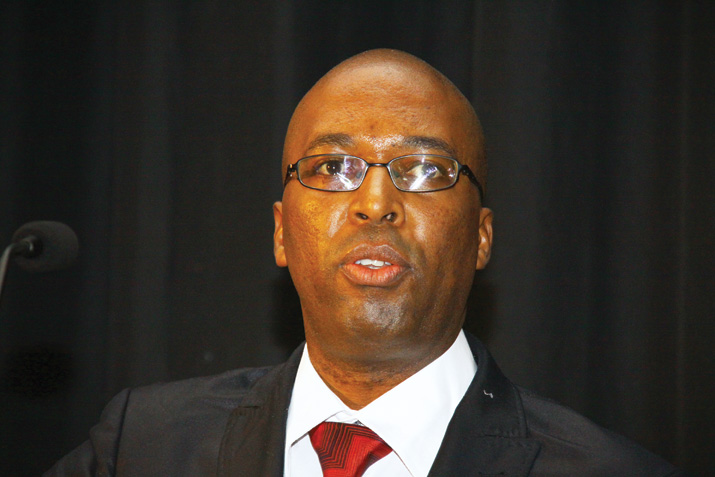The Botswana Mine Workers Union (BMWU) is fuming following the decision by Discovery Metals Botswana (DML) to retrench 85 employees from its Boseto Copper Mine.
DML last week announced that after long and careful deliberations, the company concluded that for the benefit of the majority of employees and the security of the entire Boseto operation, the retrenchment of a certain proportion of its employees at the Boseto Mine was necessary.
Speaking in a telephonic interview with Gazette Business, BMWU president, Jack Tlhagale said that although they have been engaging with the Mine executives on the matter, they (executives) went ahead with the retrenchment without reaching an agreement with the Union.
“We had not reached an agreement; they are retrenching on their own. If need be we will go to Court, we are still consulting with our lawyers Lerumo Mogobe Attorneys. Until then we will have a set date for the court,” Tlhagale said.
A letter written by BMWU and addressed to the General Manager of Operations at DML last November indicates that up to the time of the mediation process, DML had not tabled before the JNCC (Joint Negotiations and Consultative Committee) reasons relating to operational requirements which could justify the need for retrenchment.
“This notwithstanding our request for a written proposal containing any reasons you may have other than retrenchment, based on reduction of employees’ salaries and benefits. Given the lack of clarity in relation to the alleged operational requirement we would like to request once again that you provide same with all relevant particulars and full details which would help us understand the said operational requirements,” reads part of the letter.
The letter indicated that the Union had requested for amongst many; the total wage bill distributed by categories bargaining unit, middle management, expatriates and senior management; the number of employees to be retrenched by categories; the production cost and expenditure per department; the current organisational structure; the proposed structure; company salary structure and; an indication of what proportion of the alleged 61 per cent earning above what is supposed to be their right salary levels constitutes bargaining unit members.
The union further indicated in the letter that it was disappointed with DML’s lack of transparency which caused parties to come before the Commissioner of Labour in matters which parties could resolve amoungst themselves.
As much as the Union was committed to the consultation process, it indicated that the retrenchment was not possible if DML withheld relevant information and impose unreasonable time constraints.
DML’s Country Manager, Mokwena Morulane said that in the process of retrenchment, the company has to abide by the law. As such, they have been in consultation with both the Union and employees since October 2013 and are continuing to engage them.
He however, could not disclose the total value of the retrenchment packages for purposes of confidentiality, but indicated that the packages for all employees retrenched on January 14th have been paid.
“In this nature, you cannot always agree, there will always be those who are against such an exercise of retrenchment. Unfortunately, it is never good to retrench, we have to apply our minds, but we want to work in the best interest of both the company and employees. Our costs have been very high and are exceeding the metal prices, hence the retrenchment. We are struggling to get quantity and production for our target of 3, 000 tonnes,” said Morulane.
He further pointed out that their largest cost comes from the consumption of diesel for electricity as they cannot connect to the national grid due to limited capacity. As a result, he said the government is looking at building a transmission line from Morupule Power Plant to the North West and once completed, they will connect to the grid. He said other costs include labour, running and exploration costs.

